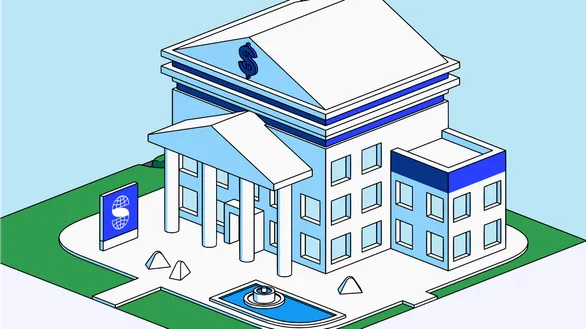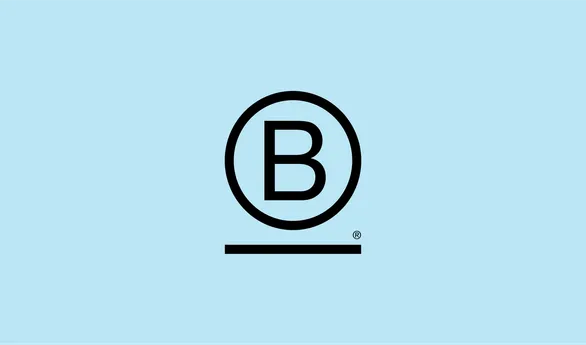The European Union has made significant progress in promoting transparency and corporate responsibility through the Corporate Sustainability Reporting Directive (CSRD) and the development of European Sustainability Reporting Standards (ESRS). These initiatives require companies within the EU to report on both financial performance and environmental and social impacts, ensuring a standardized approach to corporate disclosures.
Central to this effort is the European Financial Reporting Advisory Group (EFRAG), a private association established in 2001 with support from the European Commission. EFRAG plays a key role in shaping both financial and non-financial reporting standards across Europe, working closely with member organisations and stakeholders to maintain Europe’s leadership in corporate transparency.
Friends of EFRAG
Sweep is proud to be part of the Friends of EFRAG – Sustainability Reporting initiative as of 26 June 2024. Together with other companies, we’ll take part in the development and implementation of EFRAG standards, which are critical for advancing corporate reporting on ESG issues.
This involvement aligns with our core values, as we believe in the importance of creating transparent, reliable reporting frameworks that promote responsible corporate behavior.
Julien Denormandie, CIO of Sweep, says:
“At Sweep, we see transparency and accountability as the cornerstones of responsible business. Being part of the Friends of EFRAG initiative allows us to contribute to the implementation of standards that will drive meaningful change. We are committed to ensuring that non-financial reporting, particularly on ESG matters, becomes just as rigorous and impactful as financial reporting.”
What is EFRAG?
EFRAG was founded to serve the European public interest by providing technical advice on International Financial Reporting Standards (IFRS). The organization ensures that financial reporting standards developed by the International Accounting Standards Board (IASB) meet the needs of European stakeholders. By influencing the standard-setting process, EFRAG ensures that European concerns are reflected in global financial reporting. The EFRAG board, along with its advisory panels, helps ensure that European perspectives are heard in international discussions.
Expanding the mission
In 2022, the European Commission assigned EFRAG a new and expanded role, tasking it with providing technical advice on the ESRS, which focus on how companies report non-financial information, such as their environmental and social performance. This expanded mission is crucial in ensuring that corporate disclosures in Europe meet evolving regulatory and societal expectations.
Financial reporting pillar
EFRAG’s activities are divided into two main areas, known as pillars. The first is the financial reporting pillar, which is focused on advising the European Commission on whether newly issued or amended IFRS standards meet the criteria for endorsement under the IAS Regulation. This process ensures that financial reporting standards serve the European public good, providing transparency and consistency across the EU. EFRAG works to ensure that financial instruments and other key aspects of corporate reporting reflect Europe’s unique economic landscape and regulatory requirements.
Sustainability reporting pillar
EFRAG’s second pillar addresses non-financial reporting. Its task is to develop and update the ESRS, setting clear standards for how companies disclose their environmental, social, and governance (ESG) efforts. This non-financial reporting aims to provide stakeholders, including investors and regulators, with transparent and reliable information about companies’ broader impacts on society. This process is integral to the broader EU goal of driving accountability and supporting progress on ESG objectives.
How EFRAG collaborates with stakeholders
EFRAG operates through collaboration with various member organisations, national organisations, and civil society representatives, ensuring diverse input into its standard-setting activities. This inclusive approach helps EFRAG craft standards that reflect the needs of all stakeholders across Europe, from corporations to regulators and investors.
By gathering evidence about specific European circumstances and consulting its advisory panels, EFRAG ensures that the standards it develops are comprehensive, accurate, and relevant to current market conditions. This collaborative approach strengthens EFRAG’s legitimacy and its position as a leading voice in corporate reporting.
Advisory panels and their role
EFRAG’s advisory panels play a significant role in shaping both financial and non-financial reporting standards. These panels consist of experts from various sectors, including financial institutions, businesses, and non-governmental organizations. By leveraging the expertise of these panels, EFRAG ensures that the standards it develops are not only technically sound but also practical for companies to implement. This consultation process helps to create high-quality standards that support the transparency and efficiency of capital markets in Europe.
Importance of public accountability
Transparency and public accountability are central to EFRAG’s mission. By engaging European stakeholders at every stage of the standard-setting process, EFRAG ensures that its standards are subject to rigorous public scrutiny. This approach enhances the credibility of the organization and fosters trust among companies, investors, and regulators.
EFRAG’s 2024-2027 strategy
EFRAG has set ambitious goals in its 2024-2027 strategy, reflecting its expanded role and responsibilities. This strategy outlines the organization’s key objectives for the next four years, including strengthening its contributions to the development of corporate reporting standards and ensuring that these standards meet the needs of Europe’s evolving regulatory landscape.
Expanding EFRAG’s work on non-financial reporting
One of the key priorities in the new strategy is to continue developing and refining the ESRS, ensuring that they are effective in promoting corporate transparency around ESG issues. EFRAG’s goal is to create standards that are aligned with Europe’s policy objectives, ensuring that companies are held accountable for their impacts in a consistent and transparent manner.
Adapting to new challenges
As EFRAG’s responsibilities grow, so do the challenges it faces. The organization is adapting to a rapidly changing corporate reporting environment, one that demands greater transparency in both financial and non-financial reporting. The addition of new topics, such as connectivity between financial and ESG reporting, represents both a challenge and an opportunity for EFRAG to further enhance its thought leadership in corporate reporting.




